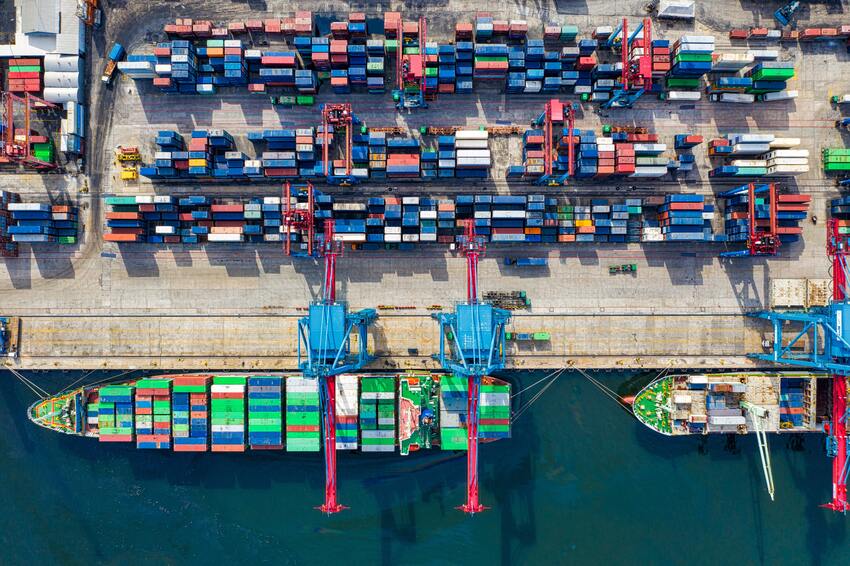You may have heard of the dreaded roll over in shipping and the delivery date being compromised. This issue is of concern to both importers and exporters of goods. This term is used to indicate that a container has not been shipped and has to be placed on another vessel.
Obviously, there are several causes that prevent its usual transfer, although we will go into them in more detail; it may be due to excess weight, mechanical failures or due to some incidence in customs matters. Whatever the reason, it is clear that it affects the agents involved and would entail a higher economic cost.
Reasons for a maritime roll-over
It is important to know what caused the load shifting and to act as quickly as possible to avoid delays and additional costs. This affects the supply chain and activities need to be re-planned to reduce the consequences and damage caused. The following are some of the main reasons why goods are not shipped on a scheduled route.
- Lack of space. In case of overbooking and lack of space, another vessel must be found.
- Excess weight. Possibly, another problem that may arise has to do with excess weight on the vessel.
- Change in destination. If the ship has to skip a berth or go to another port.
- Customs control. Also, problems may arise in customs clearance.
- Documentation in order. Finally, if there is any deficiency in the documentation.
However, some preventive measures can be implemented to correct these problems if they occur. Initially, it is best not to rush the deadlines, avoid shipping many containers at the same time and work with reliable companies. Finally, the contract of sale is a very important document in the event of cargo shifting due to a cause attributable to the vessel.
How to avoid maritime roll-over
Can roll-over be avoided in the transport of goods? This is the question many companies ask themselves in order to reduce possible economic losses. Regardless of the cause that generated the delay, it is more appropriate to act diligently and quickly. Depending on the origin of the problem, the solution varies and the economic costs derived from this unfortunate event.
- Nearby warehouse. It is very common for a penalty to be applied to the time the goods are in the loading terminal. In many cases, it is more convenient to deposit it in a nearby warehouse.
- Authorized Economic Operator. You can also use an Authorized Economic Operator (AEO), as this trusted company will manage your customs operations efficiently. In this case, Partida Logistics is a good choice to benefit from a much simpler process. In addition, it will take care of prioritizing controls and choosing the most suitable inspection site.
- Insurance coverage. If you have insurance, it is best to take out coverage for this type of problem. It is not always easy to organize a shipment and correct an error, in fact, the additional administrative burdenand the delay in the whole logistic chain affects in time and time to the addressee.
We can imagine what a problem it is when a shipment does not arrive on time, as scheduled. The delay of the goods can cause serious damage to the customer. If it is a container with milk for a supermarket, it could involve serious economic losses and call into question the brand and its professionalism.
In short, roll over in the maritime transport of goods is much more common than we think. However, taking preventive measures, working with a reliable authorized operator and acting quickly to find an immediate solution are some of the most effective actions. If you have any doubts, please contact us for personalized advice.




